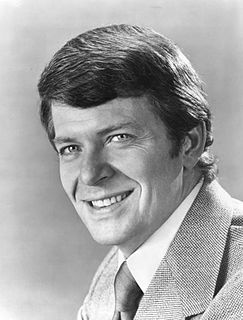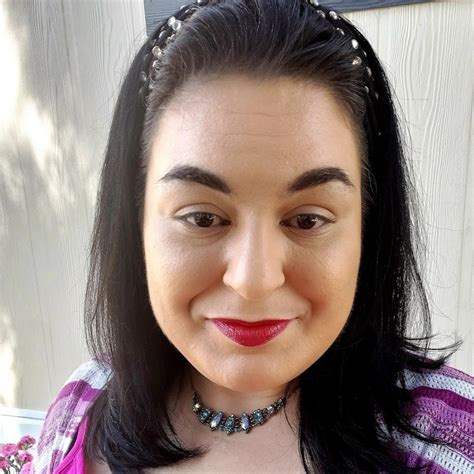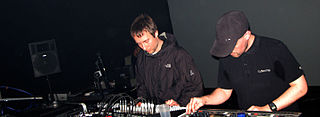A Quote by Daniel Tammet
Reading and discovering fiction has taught me how to empathise, understand falling in love and all those complex relationships that people have to deal with.
Related Quotes
Novels shouldn’t aspire to answer questions, and I wouldn’t presume to offer advice about love or marriage in any case. What’s fascinating to me about marriage as a subject for fiction—a subject that fiction has taken on with gusto since the 19th century—is how unknowable other people’s relationships are. Even the marriages of your parents, your siblings, your closest friends always remain something of a mystery. Only in fiction can you pretend to know people completely.
A new world of complex relationships and feelings opens up when the peer group takes its place alongside the family as the emotional focus of the child's life. Early peer relationships contribute significantly to the child's ability to participate in a group (and in that sense, society), deal with competition and disappointment, enjoy the intimacy of friendships, and intuitively understand social relationships as they play out at school, in the neighborhood, and later in the workplace and adult family.
By believing that only some of our students will ever develop a love of books and reading, we ignore those who do not fall into books and reading on their own. We renege on our responsibility to teach students how to become self-actualized readers. We are selling our students short by believing that reading is a talent and that lifelong reading behaviors cannot be taught.
People accuse me of falling in love easily. It just means that I'm able to see the beauty in most of the people who cross paths with me and I appreciate it for what it is and also for what it isn't. Love is imperfect. Falling for someone's flaws is just as necessary as falling for their strengths. And people like myself, who fall into love easily, are sometimes the loneliest souls around at the end of the day.
We live in a society where we're not taught how to deal with our weaknesses and frailties as human beings. We're not taught how to speak to our difficulties and challenges. We're taught the Pythagorean theorem and chemistry and biology and history. We're not taught anger management. We're not taught dissolution of fear and how to process shame and guilt. I've never in my life ever used the Pythagorean theorem!







































